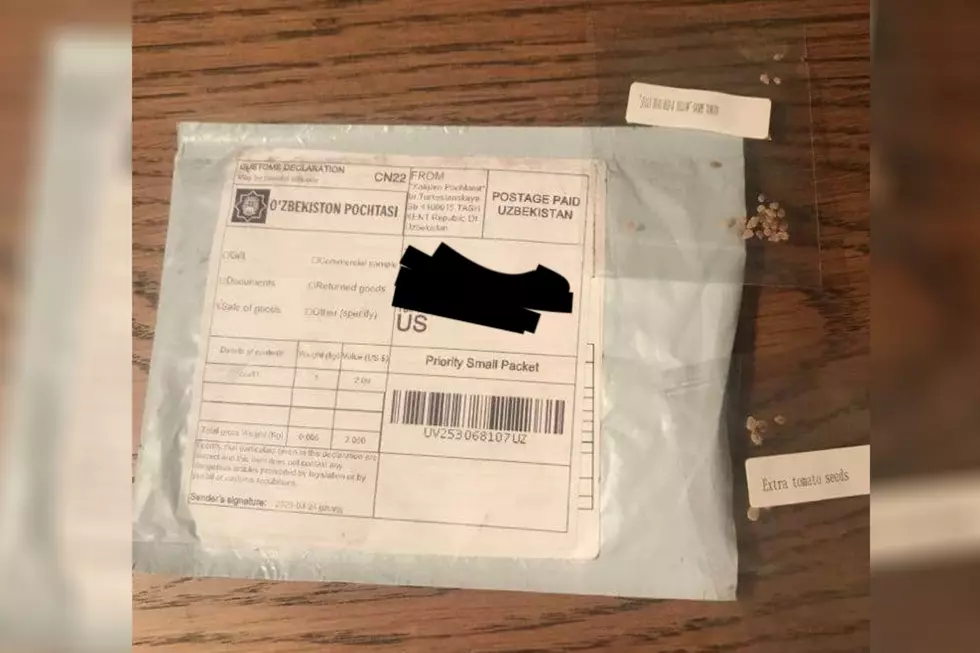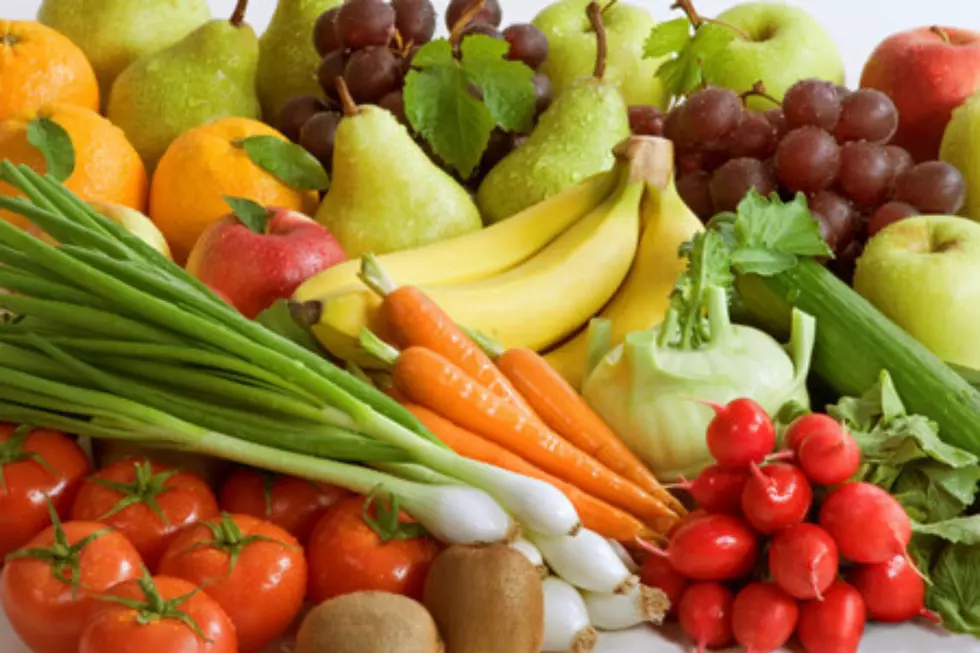
State Ag Officials: Don’t Plant Those Mystery Seeds
State agriculture officials are advising Massachusetts residents not to plant any unsolicited seeds received in the mail from a foreign country, saying they could grow into invasive plants.
The Massachusetts Department of Agricultural Resources said in a media release that while the exact types of seeds are "unknown," they are thought to be from invasive species "that could pose a significant risk to agriculture or the environment." The agency said people across the country have received mysterious seeds. They added that it doesn't appear that the plants would pose direct harm to humans or animals.
State plant regulatory authorities are working with the USDA Animal and Plant Health Inspection Service to address the issue.
In Massachusetts, MDAR is encouraging people who receive such seeds to immediately complete a form on their website. Residents should hold on to the seeds and all packaging, including the mailing label. A representative from the U.S. Department of Agriculture or MDAR will be in touch with instructions regarding the collection or disposal of the seeds, the agency said.
Invasive plant species can threaten local ecosystems and displace native plants, including rare and endangered species, MDAR said. "The most effective approach to mitigating the risk of invasive plant infestation is to take steps to ensure they are not planted," they added.
This week a person who lives in Maine sent WBSM the following photo, saying the plant grew from unsolicited seeds that arrived in the mail:
The federal government has yet to comment on who is behind the seed-mailing campaign. But a spokesperson for the USDA told Fortune the agency is working with Homeland Security.
“APHIS is working closely with the Department of Homeland Security’s Customs and Border Protection and State departments of agriculture to prevent the unlawful entry of prohibited seeds and protect U.S. agriculture from invasive pests and noxious weeds," said the spokesperson.
The seed are reportedly arriving from both China and Uzbekistan. Some of the packages claim to contain jewelry.
On July 28, the U.S. Department of Agriculture issued a press release on the topic of the mystery seeds.

More From WBSM-AM/AM 1420



![We Are Doomed! [OPINION]](http://townsquare.media/site/518/files/2021/06/attachment-GettyImages-1233412155.jpg?w=980&q=75)

![Trump Decidedly Wins Second Debate as Biden Leaps Left [OPINION]](http://townsquare.media/site/518/files/2020/10/GettyImages-1229229891.jpg?w=980&q=75)


![Trump Won the Debate With the Help of Hunter Biden [OPINION]](http://townsquare.media/site/518/files/2020/10/GettyImages-1277463786.jpg?w=980&q=75)
